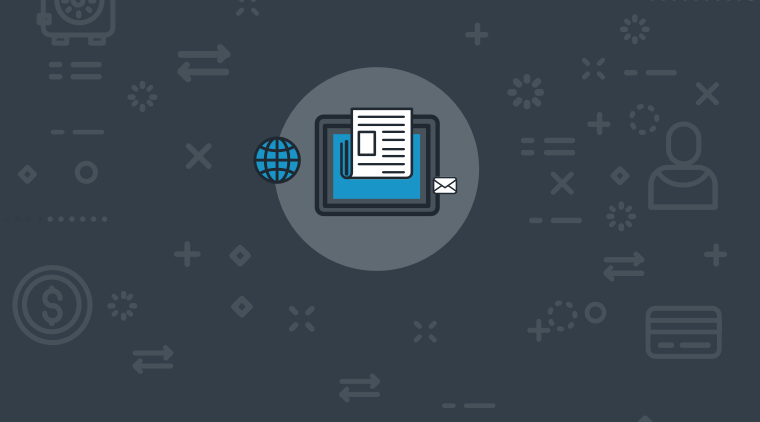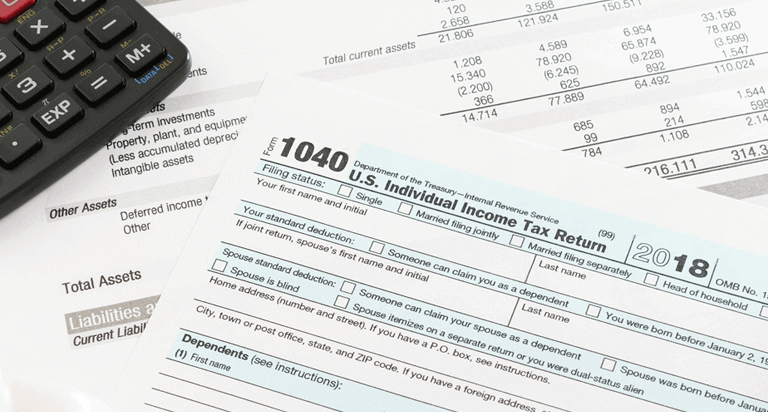How Can I Better Protect Against Identity Theft?


Highlights:
- It may not be possible to completely protect yourself against identity theft, but there are steps you can take to help protect your personal information
- There are free tools that can help you better restrict access to your credit reports
- Keeping Social Security cards at home, getting a locked mailbox and being careful what you share on social media are a few easy ways to help better protect yourself from identity theft
Identity thieves are constantly looking for new ways to obtain personal and financial information such as credit card or Social Security numbers. Whether they use tactics such as stealing your wallet or sophisticated phishing emails online, it can be hard to stay vigilant.
While it may not be possible to prevent identity theft completely, it can help to educate yourself about the risks and take steps to help safeguard your data.
Here are some habits to consider adopting to help protect personal information:
How to Help Protect Personal Information Offline
Secure your information. Consider limiting the documents and cards you carry when possible, including your Social Security card. Cross-shred documents containing personal or sensitive information, including bank and credit card statements and old credit cards.
If you are asked to provide your Social Security number (or your child’s Social Security number), ask why it is needed and how it will be stored. You might want to ask if you could share the last four digits of the number instead of the entire number to help protect personal information.
Learn about steps you can take regarding your credit reports. There are two free tools you can use to help guard against the opening of new credit accounts in your name. A security freeze restricts access to your credit reports for the purposes of opening new accounts, and must be lifted or removed if you're applying for credit. A fraud alert encourages lenders and creditors to take extra steps to confirm your identity before issuing credit.
Review your financial statements and credit reports regularly. On your financial and bank account statements, you’ll want to ensure every transaction listed is accurate. The same is true for your credit reports – you want to make sure your information is accurate and complete. In addition, regularly reviewing these can help detect suspicious activity that may signal fraud or identity theft. You can file a dispute if you see information that is inaccurate, incomplete or that you don't recognize. At Equifax, you can file a dispute by creating a myEquifax account. Visit our dispute page to learn other ways you can submit a dispute.
You are entitled to a free copy of your credit reports every 12 months from the three nationwide credit bureaus -- Equifax, Experian and TransUnion -- by visiting www.annualcreditreport.com. You can also create a myEquifax acccount and get six free Equifax credit reports each year.
Learn about different types of fraud and identity theft, as well as the steps you can take to help protect against them.
Keep an eye on your mail. Mail theft is one way that identity thieves can use to gain access to your information. If you are out of town, consider having your mail held at the post office. You can also purchase a locking mailbox or rent a post office box. Note that locking mailboxes must conform to U.S. Postal Service regulations.
How to Help Protect Your Information Online
Consider practicing good cybersecurity habits. Don’t share or reuse passwords. Learn about the practice of “phishing” and how to recognize when an email or other message may not be legitimate.
Secure your devices. Be wary of connecting to public WiFi networks. Remember that even if a network requires a password, it may not be secure. If you are traveling or use public WiFi often, consider a virtual private network (VPN). Keep your devices locked and password-protected, and ensure that antivirus software on your computer is updated and current.
Talk about Internet safety with your children. No matter their age, kids can be taught the basics about online safety. You may want to set rules around information that can’t be shared online. Remember, children can be victims of identity theft too.
Don’t overshare on social media. Use privacy controls so information like your birth date, your employer or your family members isn’t publicly accessible.
Fraud and identity theft can happen to anyone. It’s important to stay cautious when it comes to helping protect your personal information and financial details, and learn about steps you can take if you suspect you are a victim.

Sign up for a credit monitoring & ID theft protection product today!
For $19.95 per month, you can know where you stand with access to your 3-bureau credit report. Sign up for Equifax CompleteTM Premier today!



